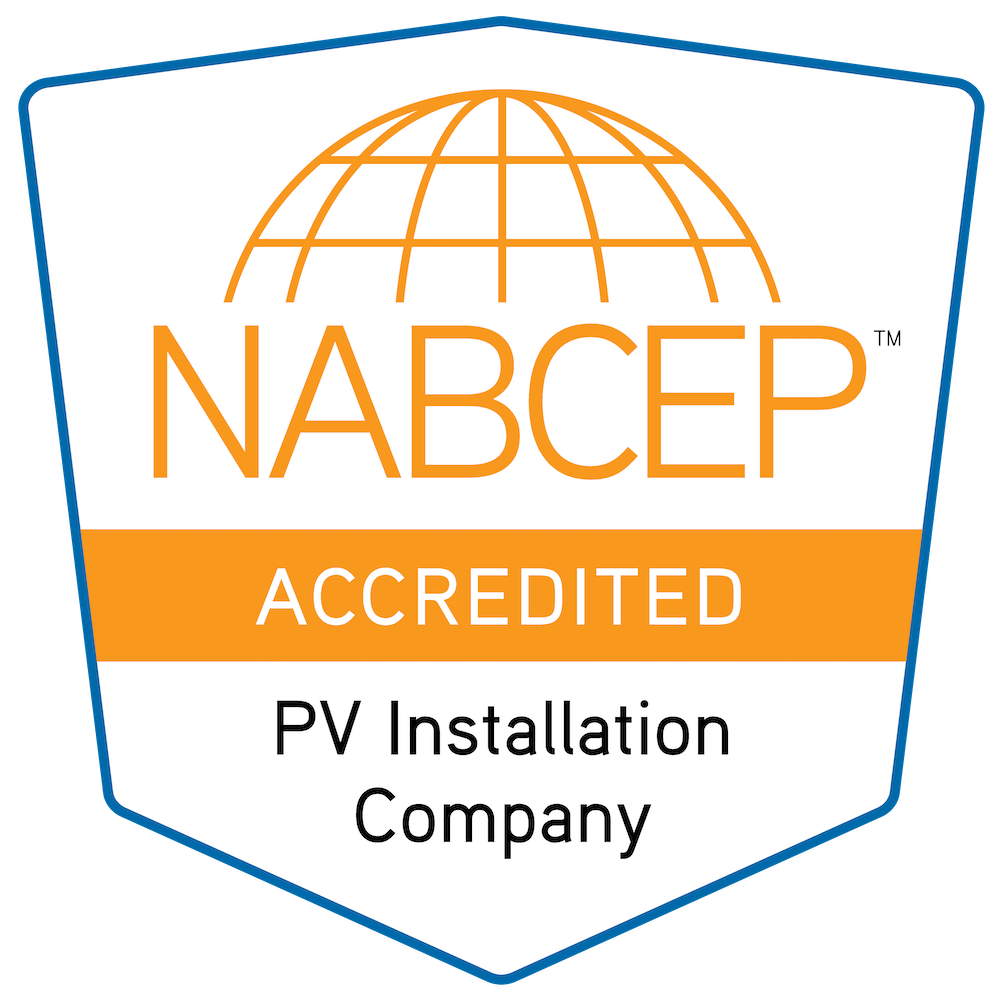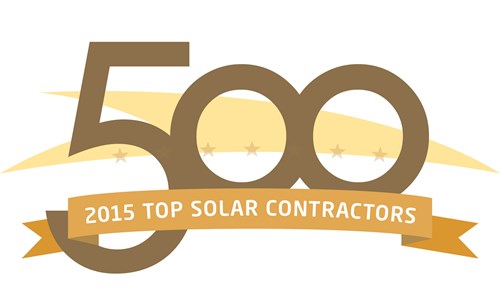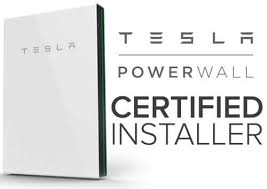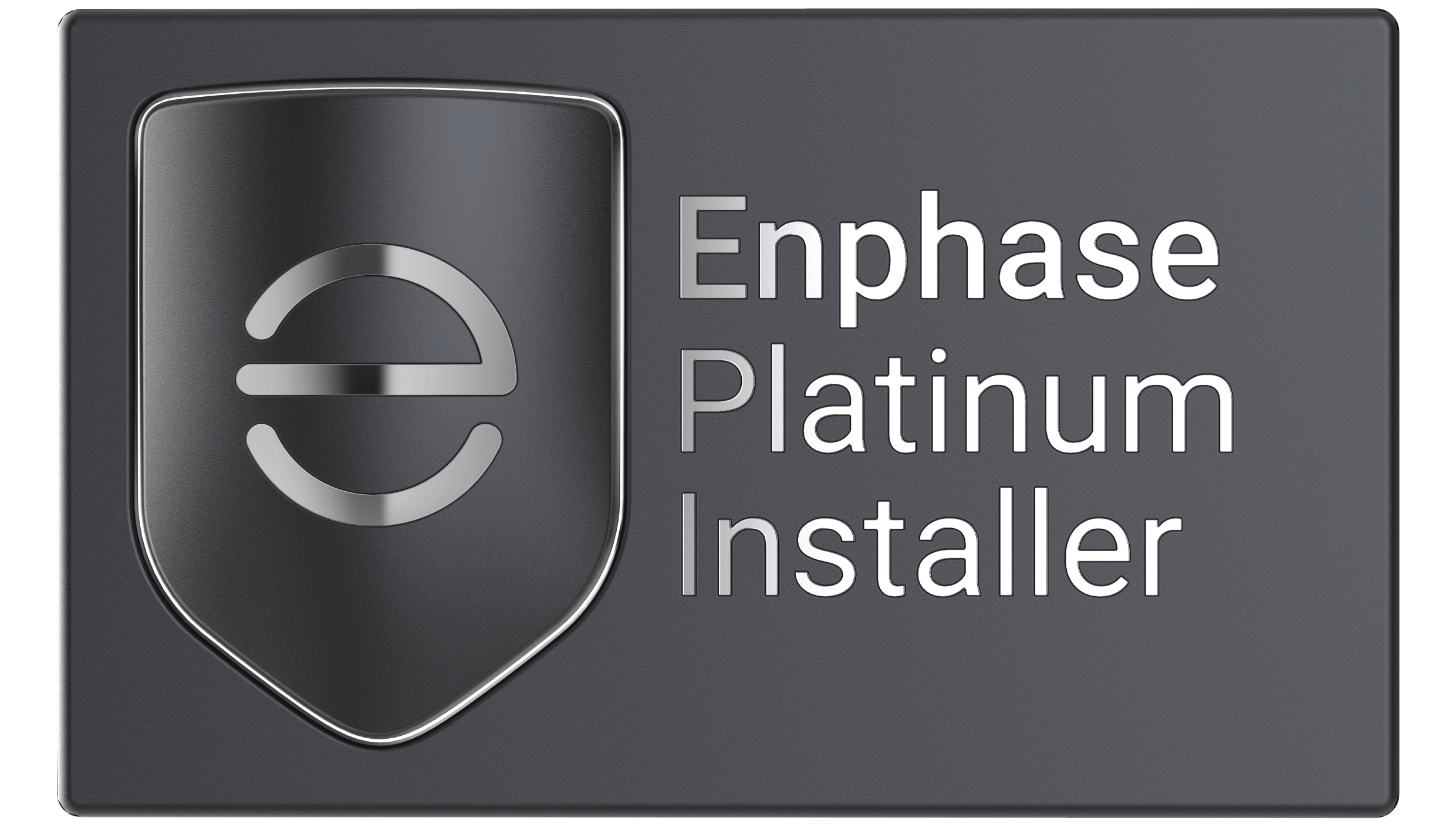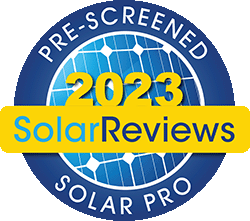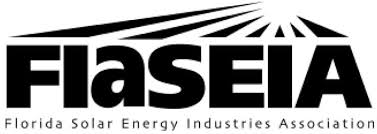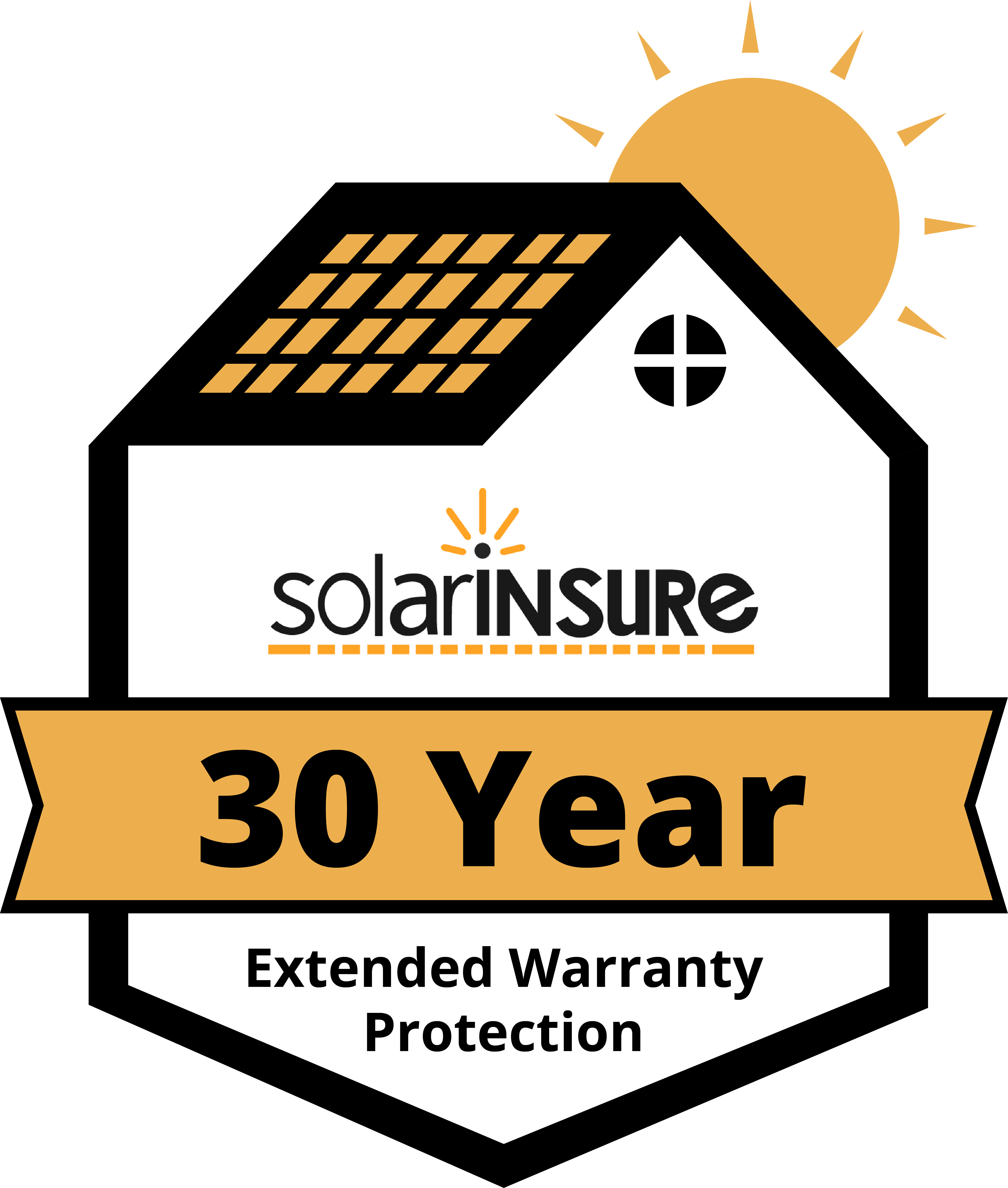Solar Power: Increase the Value of Your Home
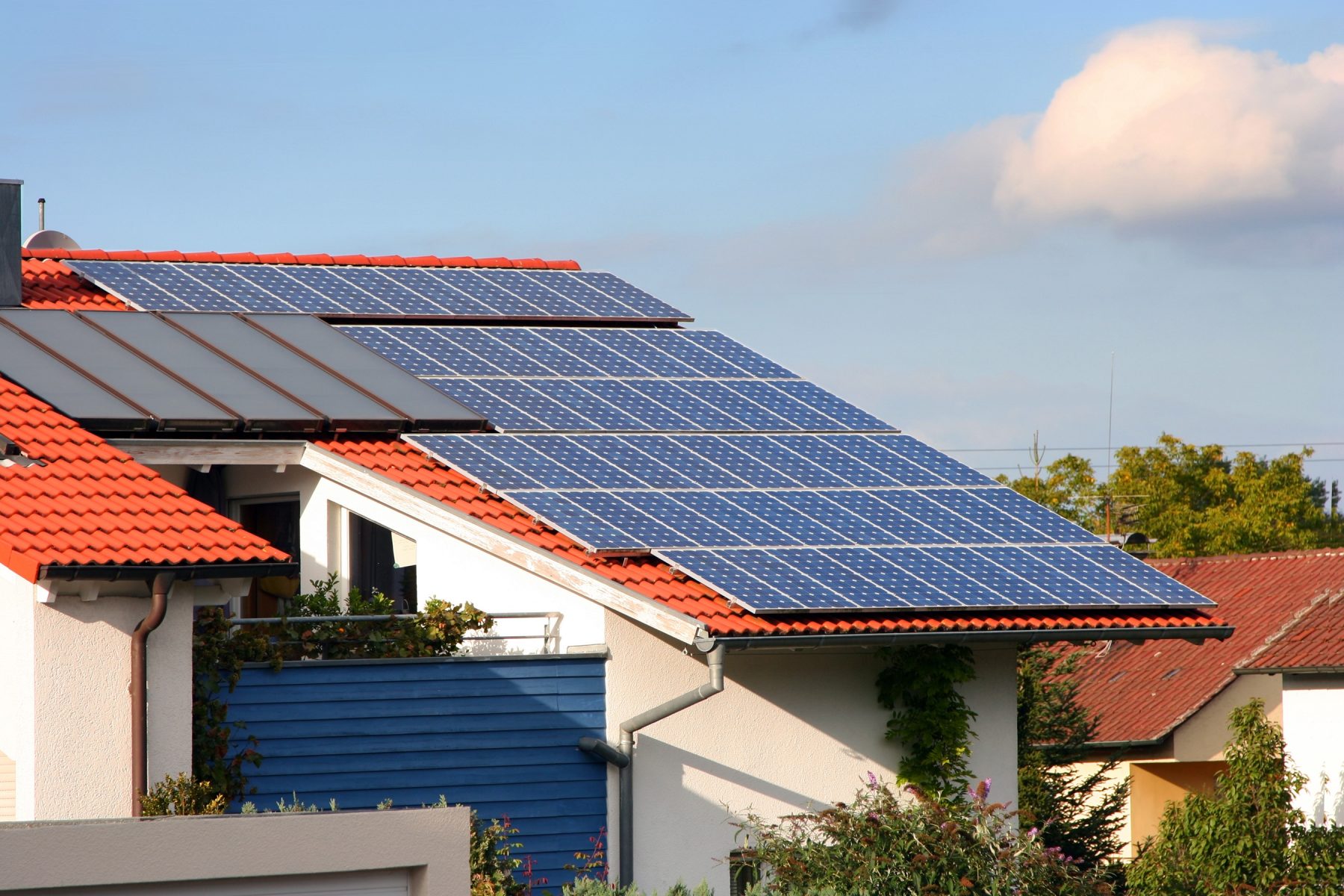
As solar power technology has improved over time, its long-term economic benefits have become more significant to any home or business looking to install solar panels on their property.
But solar power investments can also offer short-term financial gains when it comes to increasing the property value of your home. Although most homeowners who install solar panels have plans to stay in that home for years to come, the property value boost from installing solar panels can offer yet another way to profit from this investment.
Even if you do sell your home earlier than you intended, you’ll be able to pocket more money from the sale thanks to your solar energy solutions. Read on for more information about the different ways solar power generates value for your home.
What is the Average Cost for Solar Panels?
While the price of solar panel installation can vary significantly from one home to the next, a typical solar panel installation project will cost between $15,000 and $25,000. The more energy your home consumes, the higher the estimated cost.
This estimated cost does not include any potential tax credits, grants or other financial support you may be eligible to receive. With the federal tax credit for solar panels currently set at 26 percent, a $25,000 installation project would be eligible for $6,500 credit to defray the cost of installation.
Calculating Your Solar Panel Return on Investment
While the up-front cost of solar panel installation may concern some homeowners leery of that level of investment, it’s important to keep in mind the financial returns that could be reaped for years, even decades to come.
These financial rewards come in more than one form, but the totality of this value must be accounted for when weighing the long-term value of solar panels. Homeowners considering solar panel installation should be mindful of the following benefits:
- Total energy savings per month. In many cases, homeowners are able to source 100 percent of their home’s energy needs from their solar panel investment, effectively eliminating some of their monthly utilities costs and saving thousands of dollars every year.
- Length of time to turn a profit on your investment. Depending on the cost of your solar panel project and the monthly savings on your energy bill, many homeowners break even on their investment within 10 years, and sometimes even faster.
- Estimating the increased value of your home. While some of the financial rewards of solar panels take years to be realized, this installation project will have an immediate impact on your home’s potential sale price. The bump in market value from this upgrade will likely increase your home’s value by thousands, further reducing the net expense of solar panels—and accelerating the timeline for turning a profit.
How Much Will My Home’s Value Increase?
When you purchase solar panels for your home, your home’s potential sale value could increase significantly. Experts estimate that the average Florida home could see an increase of value of around four percent just by adding solar panels to that property.
On a $300,000 home, that’s an increased home value of $12,000—which might easily account for half or more of your solar investment. In certain communities, the impact of solar panels on your home’s value might stretch even higher, creating excellent value out of your investment when combined with your energy savings over time.
Even if you don’t plan to sell your home soon, a higher potential sale value gives you options and flexibility. If you need to sell your home earlier than anticipated, you can recoup a huge chunk of your investment—and potentially still turn a profit—thanks to your increased home value.
This upgrade also increases the available equity in your home, which can increase your ability to take out a second loan or tap your home’s equity for home projects or other purposes.
How to Get Started With Solar Panel Installation
If you’re ready to install solar panels on your home—or if you’re interested in at least getting a quote and learning more about your options in connecting your home to solar power—your first step should be to connect with a solar panel installation company that offers free assessments of your home and energy needs.
Interested in solar panels for mobile homes? While mobile home installation projects are a little different from traditional homes and buildings, it’s still possible, in many cases, to set up solar paneling that supplies this home with sufficient power throughout the year. A professional installer can evaluate your specific building and offer recommendations and cost estimates.
When you invest in solar power, the financial gains of greater energy independence could enrich you for as long as you own the home. And when you do finally sell, you’ll receive a nice payout thanks to the green energy upgrades you made to that property years earlier.
Posted on February 17, 2022 by A1A Solar Team
How Are Solar Products Produced?
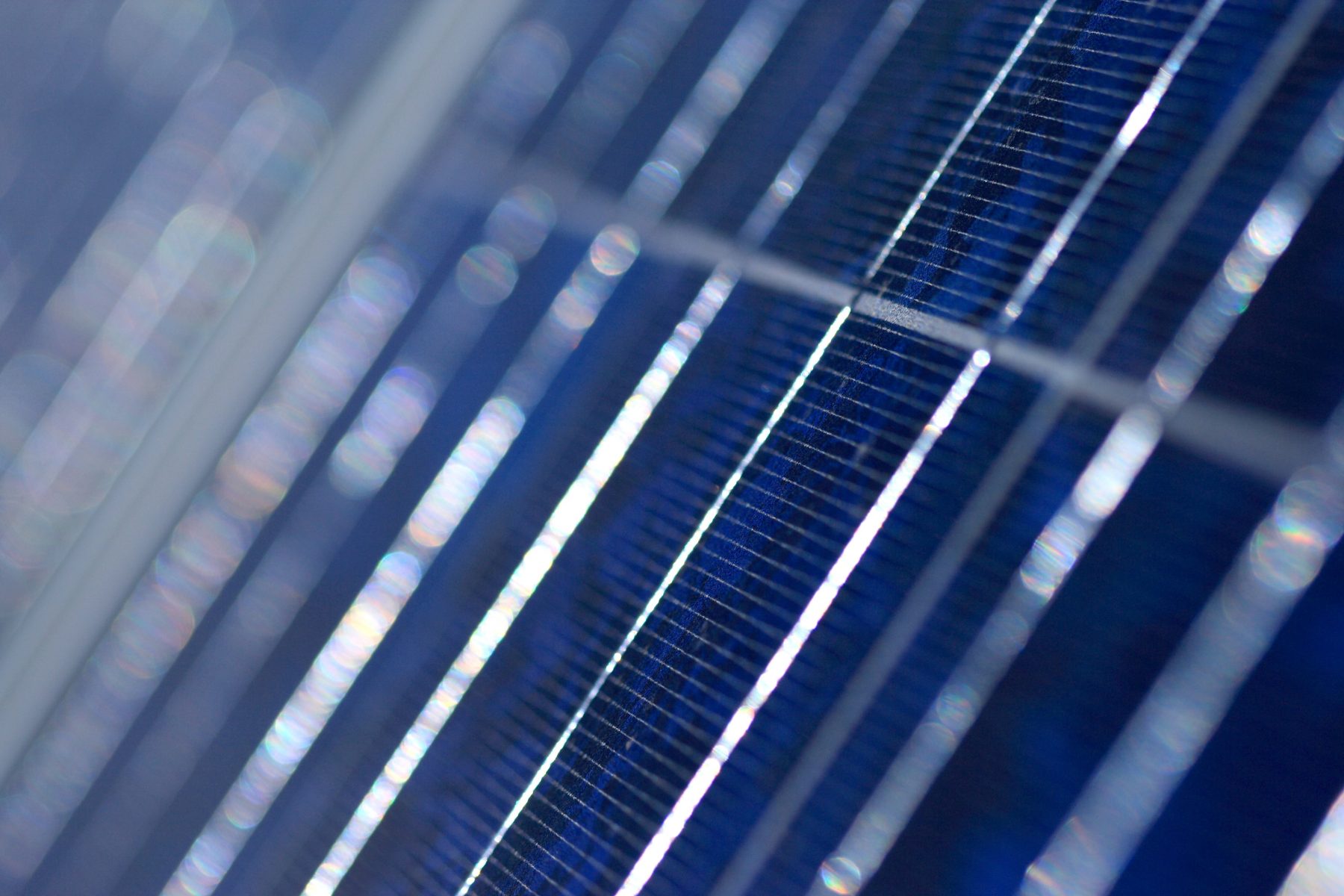
You’ve seen solar panels on buildings, and you’ve heard about their energy efficiency as a renewable green energy source. But if you’ve never familiarized yourself with the technology behind these green solutions, you might not understand exactly how solar panels are able to supply energy to your home or business.
Solar panel technology has endured a long process of development and refinement to reach its current level of efficiency. Yet the design of these solar products is simpler than you might think. Read on to learn about the production process behind today’s solar panels—as well as some insights into how those technologies might evolve in the near future.
What Materials are Used in Solar Powered Products?
When it comes to building a powerful, efficient, and long-lasting solar panel, the key ingredient is silicon.
Silicon is used in solar panel production because it is a semiconductor well-suited to efficiently converting sunlight into electricity. However, this material also offers other key benefits by being one of the most abundant elements on earth, and by offering a very long lifespan that allows solar panels to last for years, and even decades, without suffering a significant loss in energy generation capacity.
Other than the silicon used to create the solar cells that generate electricity, the materials used in solar panels are surprisingly ordinary: mostly glass, metal for the frame of the panel, and wiring to collect and transfer consumable electricity.
Inside the Solar Panel Production Process
Solar panel production is best understood by following the base materials of these panels from their smallest parts to their full assembly as a freestanding panel ready for installation. Here’s an overview of what this assembly looks like:
- Raw silicon materials are formed into ingots that can be brought together to form a microscopic chip known as a “wafer.” These wafers are so small they can’t be seen with the naked eye.
- Silicon wafers are then assembled together to form a single solar cell. Relative to the size of a single wafer, these cells are massive—typically about six inches wide by six inches high.
- Solar cells are then arranged into a grid to fit the size of the solar panel itself. Panels are measured according to the number of cells they offer: a 60-panel cell, for example, will measure three feet, three inches wide and five feet, six inches tall.
- The frame, glass and other supporting structures are shaped to fit this panel size. Solar cells are inlaid into the panel and connected to wiring to facilitate the distribution of electricity generated by the panel.
Predicting How Solar Products Will Become More Efficient Over Time
Solar panel technology has made great strides in efficiency and energy output in recent years. But with the average panel only capturing and converting around 18 percent of all available sunlight, there remains plenty of opportunity to create even more (advanced solar products) over time.
Exactly how can greater efficiencies be achieved? While it’s impossible to predict the future, many leading solar power experts envision new efficiencies achieved through one or more of the following enhancements:
- Solar panel materials. While silicon is the most popular material used in solar panels, due to its efficiency in absorbing and converting energy, solar energy scientists believe that greater efficiencies might be achieved by combining silicon with other materials to maximize their energy absorption and generate more consumable electricity.
- High-performance solar “films.” Crystalline mineral structures known as “perovskites” are well-designed for efficient capture and conversion of solar radiation. When placed onto solar panels, these structures are believed to have the ability to make those panels far more efficient. Perovskites are also believed to be more successful at capturing low-level light, such as the available light on a cloudy day.
- More flexible, adaptable solar panel installations. With the advent of solar “thin films” comes the option of adding those films onto a wide range of surfaces—such as car windshields, bus stops and windows—to turn those simple objects into sources of solar energy generation, even on a small scale. This can help improve the efficiency of solar power creation from a cost perspective.
- Light concentration strategies. While this idea exists more as a theory and a last resort than a practical, applicable energy solution, scientists maintain that mirrors and other reflective surfaces could be effective in maximizing light exposure for solar panels on a small scale.
No matter how solar panels are poised to become more efficient over time, the performance this technology offers now is well worth the investment for any home or business looking to cut its utility costs. Find out what it takes to get started on your own solar energy project—request a free quote today.
Posted on January 28, 2022 by A1A Solar Team
Do Solar Panels Actually Work?
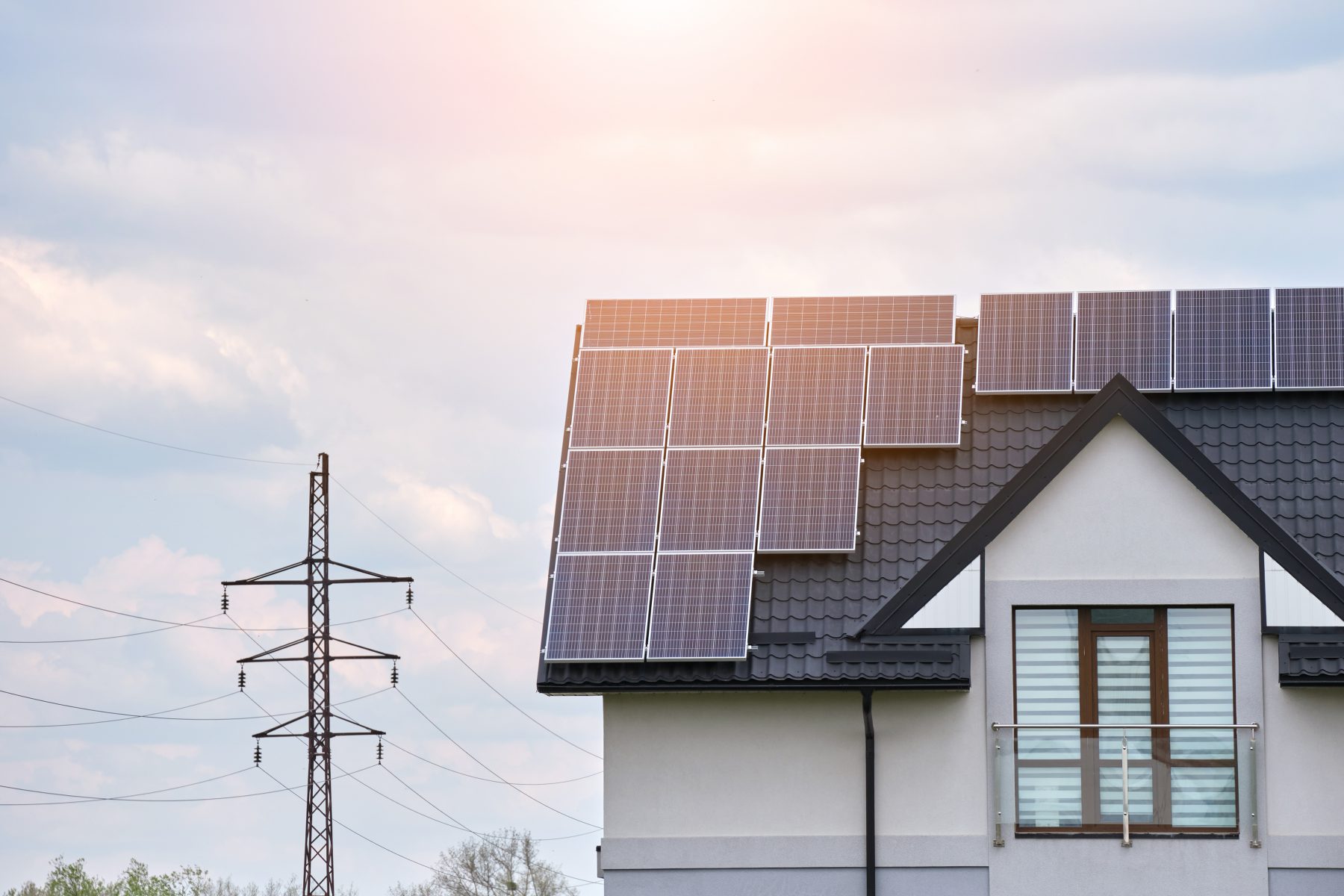
If you haven’t enjoyed an up-close look at the solar panel technology powering today’s homes and businesses, you probably have questions about how effective this technology can actually be—especially when relied on as a primary source of energy for a building.
As a relatively new form of green energy—and one just starting to become a mainstream power source—solar panel technology is experiencing rapid growth not only in its popularity, but also in its performance capabilities. Even compared to just a few years ago, today’s solar panels can offer efficiencies and capabilities that may surprise you, and might even tempt you to consider investing in this technology for your own home or business.
It’s time to separate fact from fiction and serve you up some clear answers on the merits of today’s solar panels. Read on to learn more about this promising green energy, including its current capabilities and its potential long-term value to your home or business.
Why Use Sunpower and Solar Panels to Generate Electricity?
One of the first questions to be answered about solar panel technology is the reason for investing in this technology: what problems is this new source of energy seeking to address?
Early iterations of solar panel technology left a lot to be desired with its ability to generate consumable electricity for homes and businesses. Some of the first solar panels were only able to capture and convert about one percent of available sunlight into consumable electricity—a low figure that was far worse, in terms of efficiency and cost, than the performance numbers offered from traditional energy sources, including fossil fuels.
Despite these early shortcomings, solar has long been coveted as a renewable source of green energy that could be used to reduce reliance on fossil fuels. Investments into solar power research were made with the hope that advances in solar technology could lead to solar panels that met our collective energy needs while also offering a sustainable, pollution-free alternative to traditional fuel sources.
The High Efficiency of the World’s Best Solar Panels
Since the first solar panels were first produced, the technology within this hardware has come a long way. The leading solar panels on the market today are able to capture and convert about 22 percent of all available electricity.
As a result, the value of solar panels—and the calculations involved to determine the value of solar panel installation—have shifted dramatically. Between the long-term energy savings and the tax credits available to incentivize solar panel installation, many homes and businesses are now able to completely recoup the cost of their solar panels within six to 10 years of installation. The more efficient your solar panels are, the faster you can break even on your investment and start turning a profit.
Can You Install a Solar Panel Roof Anywhere?
While there are some limitations to where solar panels can be installed—such as any space without a clear view of the southern sky—homeowners and business owners have a lot of flexibility over where and how solar panels are installed.
While it’s common for solar panels to be installed on a building’s roof, these panels can also be installed on the ground, over parking lots and walkways or on secondary buildings such as a shed or detached garage.
It’s also possible that a professional installer will be able to come up with creative solutions to work around your space and/or property limitations to create an installation spot that offers accessibility to sunlight that will help you get the best value out of your new solar panels.
Why You Should Always Work With Trusted Solar Panel Companies
If solar energy’s strong performance numbers have you considering an investment into this technology, the first place to start is with a professional solar panel installer that can help you find exactly the solar power solutions you need—along with the utmost confidence that your investment will pay off over time.
When you work with a professional installer, you’ll have a trusted partner to help you with the following:
- Identifying the best solar panel models to suit your budget and needs. Different solar panel technologies all have different benefits, especially when it comes to balancing performance and price. A professional installer can help you evaluate these options and choose the best fit for your property.
- Making sure panels are properly installed onto your property. Improper installation can affect your energy efficiency, and it could even lead to solar panel or roof damage in the event of severe weather. If panels are under warranty, a DIY installation could void your warranty.
- Having a point-of-contact in place in the event of power issues. If you run into trouble with your solar panels, you want the help of an expert to help you solve those problems. Choose a professional installer that will make sure you’re satisfied with your solar panels for years to come.
Solar panels don’t just work—they offer the best value you can get out of any energy source found in the world today. Adopt this high-performing technology for your home or business today—contact a professional installer for a free assessment and quote.
Posted on January 7, 2022 by A1A Solar Team
Types of Solar Energy
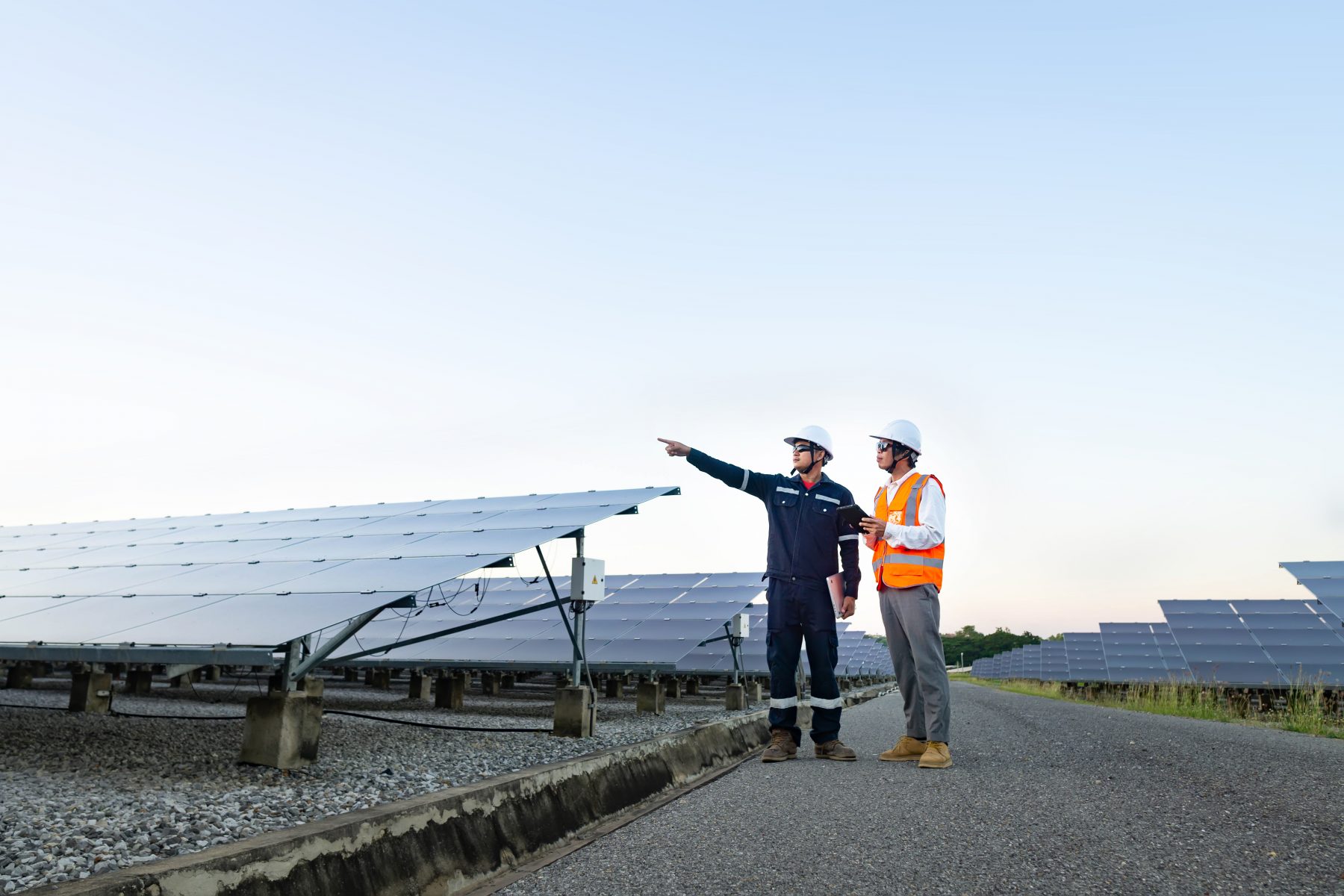
After years of innovative discoveries and enhancements to solar energy technology, the solar solutions now available to today’s homes and businesses is widely considered one of the most cost-effective sources of energy found anywhere in the world.
But not all forms of solar energy are created equal. Different solar technologies have been designed to generate solar power in different ways. Even the solar panels you’ve seen out in the world can be built from different materials and technologies that generate power in different ways—and with different levels of efficiency.
Before you invest in solar energy solutions for your home or business, it can be helpful to familiarize yourself with the different solar technologies available on the market. Here’s a brief overview to help you navigate your options and identify the solar energy hardware that makes the most sense for your property’s current needs.
What Type of Energy is a Solar Panel?
A solar panel is a form of green energy that uses the energy from sunlight to generate electricity that can be used to power homes. Solar panels are comprised of small cells that are each capable of converting solar radiation into consumable electricity. This energy can then be fed into a home through electrical wiring, or it can be delivered to a solar battery for storage.
As a green, renewable energy, solar panels have become a popular alternative energy source among individuals and businesses seeking a power source that doesn’t create pollution—although green energy like solar can offer a wide range of benefits, including reduced utilities costs.
What are the Most Common Types of Solar Panels?
The vast majority of solar panels sold on today’s green energy market fall into one of three main categories. While not an exhaustive list of solar panel options you may find in your search for the best solar panels to suit your property, the majority of panels you see for sale will fall into one of the following categories:
- Monocrystalline. These solar panels are the highest-price option, but they also offer the best performance by converting about 15 to 22 percent of available sunlight into consumable energy.
- Polycrystalline. While these solar panels are available at a lower price point than monocrystalline versions, this discounted price also comes with worse performance: the efficiency of these panels typically ranges from 13 to 17 percent.
- Thin-film. These solar panels are relatively affordable, compared to higher-end panel options, and they offer the benefit of being much more easily transported if you move your residence or business location. But the energy generation capabilities with these panels is also much lower due to the reduced size, with a performance efficiency of around 11 percent.
How to Compare Different Types of Solar Panels
As you compare different types of solar panels in search of the best fit for your property, pay attention to the following features and characteristics each panel offers:
- Up-front cost. This includes the cost of purchasing the panels, as well as installation.
- Energy efficiency. How efficiently can each panel generate electricity from your property’s available sunlight? Bear in mind that the more energy efficient a panel is, the higher the up-front cost you’re likely to pay.
- Power capacity. What is the total power generation capabilities of a single solar panel? How many panels will be required to sufficiently deliver power to your property?
- Appearance. While the curb appeal of solar panels may not matter depending on their location, this may be something to consider if they will be highly visible on your property.
- Space requirements. Some solar panels may have different sizing and installation space needs. In addition, space constraints may also determine whether you need a smaller number of high-capacity panels, or if you’re able to get away with a greater volume of lower-capacity panels.
- Temperature coefficient. This metric reflects a solar panel’s ability to generate energy as the heat of the panel increases. Certain panels are less efficient at higher temperatures, which may affect the ideal panel for your property depending on the typical temperatures you may experience in your area.
- Fire, hail and hurricane ratings. Some solar panels may be more fire-resistant than others. Meanwhile, certain panels may be better designed to withstand the harsh elements of hail and hurricane weather better than others.
How Can I Determine the Best Type of Solar Panels for My Property?
Given the many factors at play when balancing solar panel performance, cost and longevity, it is often difficult to determine the best overall solar panel for your home or business. To help you consider all of these variables, and to make sure you’re investing in a solar energy solution that will serve you over the long haul, it’s recommended that you navigate this decision with a solar paneling professional.
Through consultation and a free assessment with a solar panel installer, you can have greater peace-of-mind that your solar energy investment will give you the best value possible. Contact an installer today to learn more.
Posted on December 23, 2021 by A1A Solar Team
Can My Business Use Solar Panels?
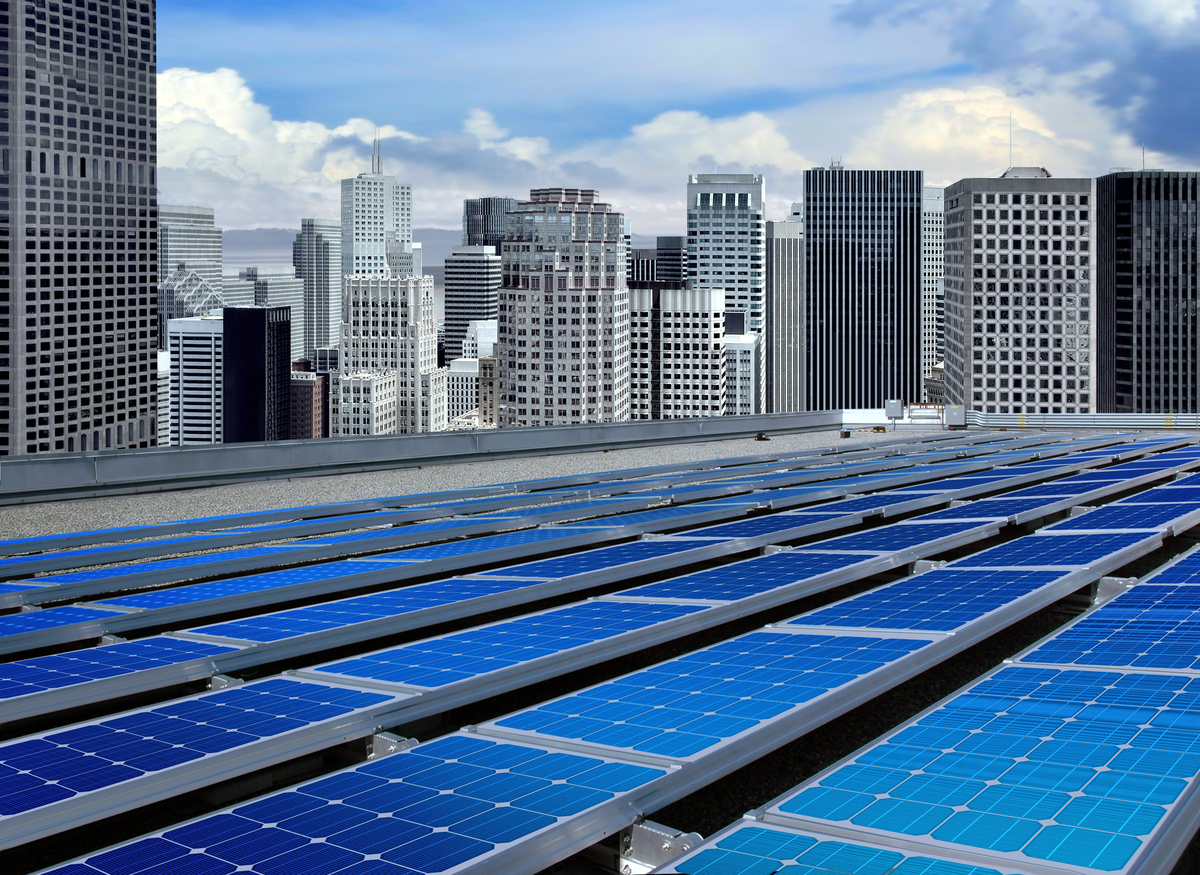
While both tax credits and advertising have typically positioned solar panels as a product available for residential properties, this source of green energy can also offer a lot of value to businesses —especially if you own your own property, or if you plan to stay in your current location for years into the future.
If the conditions are right for your business, an investment into solar panels could pay dividends for your company years into the future. Read on to learn more about the specific business benefits that come with installing solar panels—as well as tips on where to go to find a solar panel installer.
What are the Business Benefits of Installing Commercial Solar Panels?
While some of the benefits of solar panels apply to both business and homes alike, there are certain advantages that businesses will be particularly well-positioned to enjoy.
The top benefits for businesses include:
- Reduced utilities bills. The energy savings apply to businesses as well as private homes, although the total energy demands for a businesses—and therefore the cost savings of green energy—are typically much higher for a business. This could save your organization hundreds or even thousands of dollars every year on your home’s energy costs.
- Alignment with your company’s core values. If your business has built its reputation around environmental initiatives, including sustainability and carbon emissions reduction, a solar panel investment can be a great way to walk the walk.
- Potential tax benefits. Both state and federal tax credits and write-offs may be available to offset the cost of your solar panel investment. This could be a great way to defray the up-front cost of solar panels, pushing the value of this investment even higher.
- Long-term value creation. The longer you use solar panels to power your business, the more significant the financial benefits become. This makes solar panels an investment in the future and sustainability of your business.
Do Businesses Receive Tax Benefits for Commercial Solar Panel Installation?
While the tax benefits for business purchases of solar panels are always subject to change, tax benefits have recently been available to businesses considering this investment in green energy.
The most significant credit is the solar investment tax credit (ITC), which credits businesses up to 30 percent back of what they paid to install solar panels. The IRS also offers additional tax depreciation to be counted on your taxes for solar panel purchases, which lets you leverage a solar panel installation to lower your taxes in the same tax year.
Always double-check these tax credits and programs to make sure they’re still available, and that your business can qualify for these benefits.
Solar Panels for Your Business: Other Questions to Ask
- Is your roof pitch well-suited for solar panels? If your building has a pitched roof, this can make it an ideal space for installing panels that are mounted to maximize sunlight capture. Even if the roof is flat, though, this is usually no problem for panel installers—all it means is the panels will be installed at an angle to increase their energy creation capacity.
- How long do you plan to remain in your current location? If you rent your property or have visions of relocating in the near future, solar panel installation might not offer enough value over time. If you intend to stay in that location for six years or more, though, this could be long enough to recoup your initial investment in solar panels.
- At your current energy usage levels, when will you break even on your investment? The more energy your business consumes, the more solar paneling you’ll need, and the higher your up-front costs will be. But this can also mean you’ll be saving more every month on your energy costs, accelerating your utilities savings and increasing the value of your green energy investment.
- Are you worried about energy rate increases in your area? While fossil fuels and other forms of energy can lead to rate hikes that increase your utilities bills, solar power is a fixed cost based on the cost of the panels at the time of installation. If local energy rates increase in the future, your company’s savings could be even more significant.
How Can I Get a Commercial Solar Panel Cost Estimate?
If you’re interested in adding solar panels to your business property, the next step is to get a quote for the cost of installation. Most solar panel installers will provide this quote for free, and this quote can help you address the next steps of figuring out how you will finance the panels, how much this investment can save you on your taxes, and how quickly your energy savings will help you recoup the cost of this purchase.
Ready to get a quote and take the first step toward a business running off clean energy? Contact a local solar panel installer today.
Posted on December 3, 2021 by A1A Solar Team
What is Green Energy?
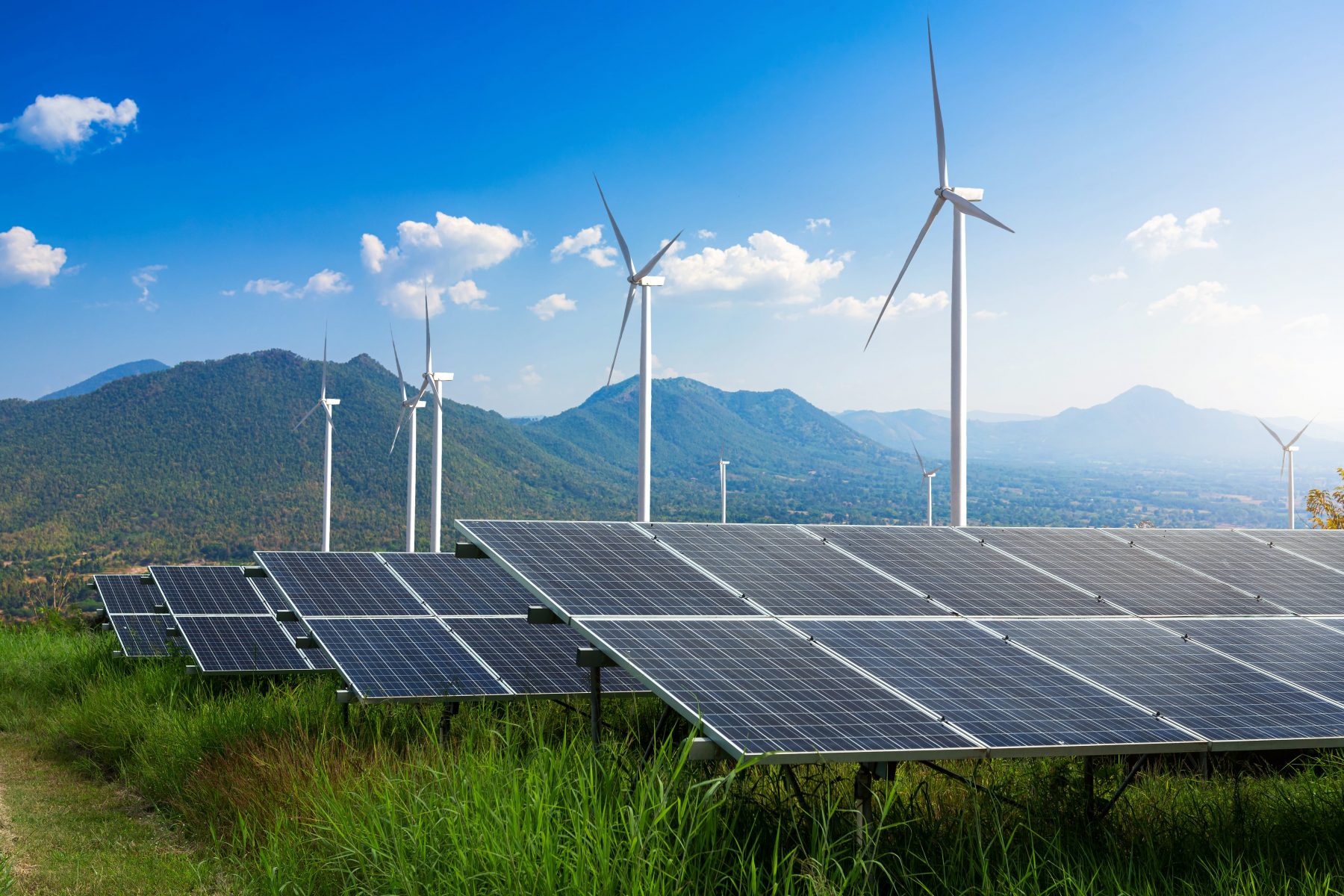
You may have heard references to “green energy” in the past, but do you know what this term represents—and whether this is the type of energy keeping the lights on in your home or business?
In recent years, green energy has become far more widespread as a power source across the United States and around the world. Despite this increased demand, many homeowners and small business owners are still unsure of what green energy refers to—and they may not even know whether the electricity in their home is coming from green energy sources.
If you’ve got questions, we’ve got answers. Read on to learn more about the basics of green energy.
What is Green Energy?
Green energy refers to any renewable power source that creates clean energy free of polluting byproducts.
Traditional fuels like petroleum, natural gas and coal release harmful carbon emissions into the environment, and make use of nonrenewable fuel sources to generate electricity. Green energy sources, by contrast, are far more environmentally friendly and rely on fuel sources like solar power, wind power, and hydroelectric power.
Unlike traditional fuels used to generate electricity, green energy sources are virtually limitless. As the technologies enabling these energy sources have improved over time, the value of green energy has also improved dramatically.
How Does Green Power Energy Compare to Traditional Energy Sources?
Trying to decide whether green energy or traditional energy is the best option for your home or business? Here are some differences to keep in mind:
- Energy sources are renewable and sustainable. While fossil fuels create pollution, are nonrenewable and are commodities susceptible to scarcity and price volatility, green energy is unlimited, renewable, cost-effective and stable.
- Certain types of green power are more energy-efficient than fossil fuel energies. As green technology has improved over time, the efficiency and capacity of these energy sources has improved.
- The cost of green energies can be lower than traditional fuel. When properly implemented, solar is now considered to be the cheapest energy source in the world.
- Green energy sources may be more reliable over time. While traditional fuels could have their price and availability affected by supply chains and other potential disruptions, green energy is widely and consistently available, resulting in greater long-term security for home and businesses invested in this energy.
What Types of Green Energy are Available for My Home or Business?
If you’re interested in connecting your home or business to green energy sources, you have several options to explore.
The first place to start is with your municipal energy provider. While renewable energy represents only a fraction of the energy generation currently taking place in the United States, your utilities company may have programs you can enroll in to increase investments into renewable energy sources, gradually reducing the carbon footprint of energy serving your property.
If you’re interested in creating your own source for green, renewable energy, you might want to consider installing solar panels onto your property. Solar panel installation is easier and more valuable than ever before, creating long-term energy savings potential in exchange for the up-front cost of installing the necessary equipment.
A solar panel installation company can assess your property and provide a quote for installation, along with an estimate of how much solar paneling would be required to supply most or all of your property’s power needs.
What if Green Energy Isn’t Offered By My Local Energy Company?
While the use of green energy solutions is becoming more commonplace among municipal power companies, many power plants still generate their energy by burning coal, petroleum, or natural gas. But this doesn’t mean you’re out of luck if you don’t have green energy options available to you through your local electricity provider.
If you’re eager to start realizing the benefits of powering your home or business with green energy, all you need to do is find the (green energy companies) providing services in your area. Solar panel installation companies are the easiest and most accessible option for connecting your home to green energy supplies, since these panels can be installed on your property, and can account for a significant part of your home’s energy needs.
If you invest in solar batteries to store this generated energy, your home could even become solely sufficient on green energy, and cut off your consumption of energy generated from fossil fuels or other high-polluting, nonrenewable resources.
Interested in exploring your green energy options? Your next step is to contact a local solar panel installer to request a free quote for installing solar panels on your home. With a trusted green energy installer on your side, you could quickly find yourself reaping the benefits of affordable, renewable solar energy to power your home.
Posted on November 18, 2021 by A1A Solar Team
How Does Solar Work?
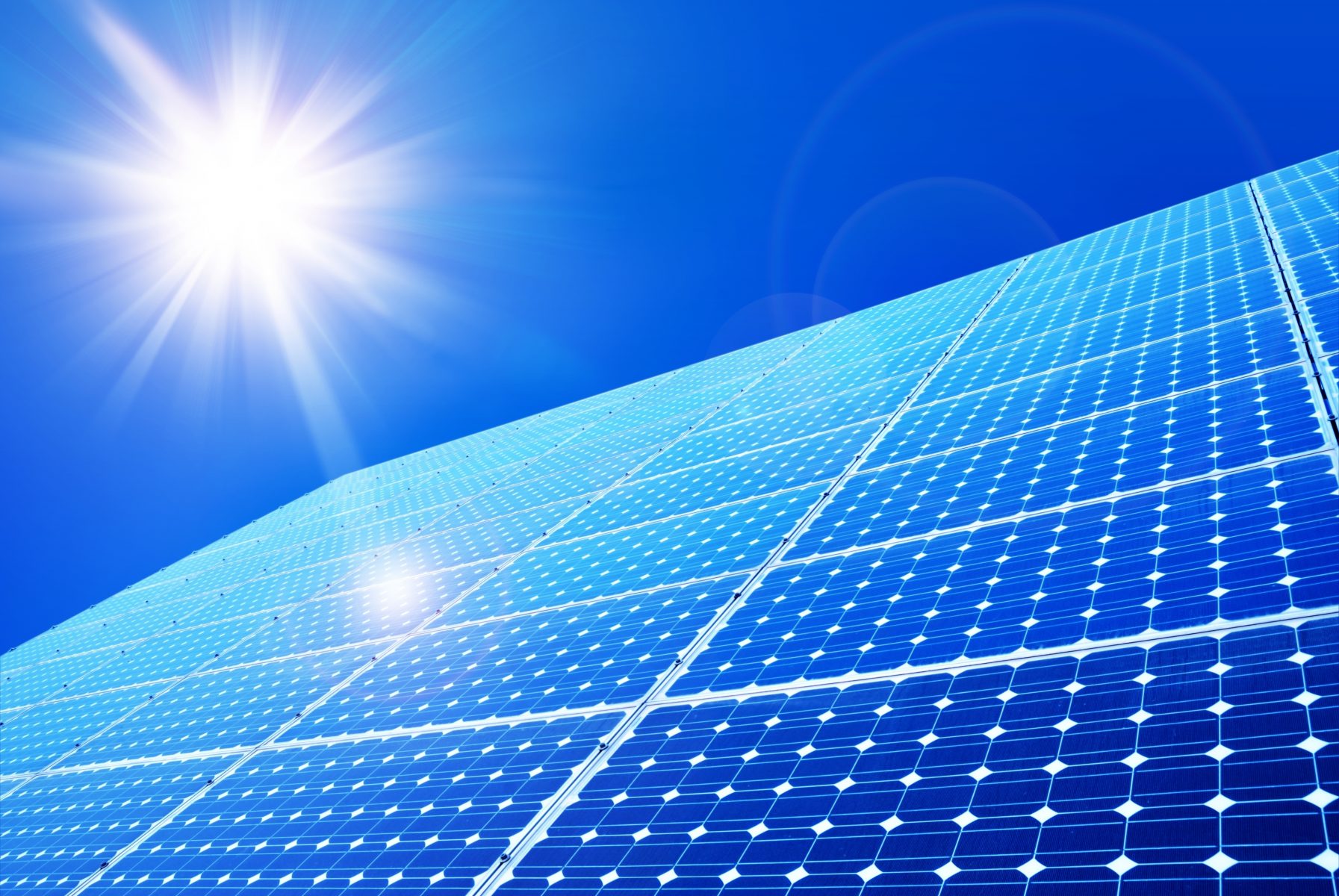
Solar power has become a mainstream source of power in America, and that popularity is only expected to grow in the years ahead. While only six percent of U.S. homes are currently outfitted with solar panels, 46 percent of American homeowners say they’ve given thought to installing solar panels on their home.
If you also find yourself considering the benefits of solar power for your home or business, you probably have questions about how this technology works, what kind of benefits you can expect, and how to start the process of purchasing and installing this renewable energy solution. With that in mind, here’s a brief overview of this innovative, cost-effective and environmentally friendly power source.
How Do Solar Panels Work?
On the most basic level, solar panels are pieces of hardware comprised of solar cells made from a number of different materials that capture solar radiation, called photons, inside the solar panel. The panel’s internal components then use this energy to generate AC electricity that can be used in a home or business to power all of appliances, light bulbs, and other electrical needs.
The amount of energy created by solar panels will depend on several factors, including the amount of solar panel surface area to capture light energy, as well as the amount of sunlight exposure the panel receives in a given day.
(How Does Solar Panel Energy Work) to Power My Home or Business?
As solar panels generate electricity from captured light, the electricity can be sent into your home or business by feeding that energy into cables running into the building’s electrical box. Once the energy is in your home or business, it can be used to power your property’s energy needs just the same as any other power source.
One important consideration for solar panels is that they’re only able to generate energy when sunlight is available to convert into electricity. Unless you have a battery storage system to capture and preserve solar energy, your property’s solar panels will not be able to supply your property with electricity at night, when heavy cloud coverage limits sunlight availability, or if the panels become obstructed in any way.
For this reason, many homes and businesses that install solar panels remain connected to alternative power sources coming from a local power grid. This ensures steady access to electricity even in situations were solar panels are unable to meet your demands.
What are the Benefits of Installing Solar Panels?
The value of solar panels can’t be summed up by any single benefit. In reality, your home or business will likely enjoy a number of benefits as a result of installing solar panels on your building—although some benefits may be more important to you than others.
The biggest benefits that attract property owners to solar panel installation include the following:
- Long-term cost savings. While solar panel installation comes with higher up-front costs than supplying your property with power from the grid, the energy itself is far more efficient and cost-effective over time. Recent research on solar panel efficiency has found that solar power is now the cheapest energy source in the world.
- Increased property value. Once you’ve paid to install solar panels on your home, you’ll also enjoy a nice increase in property value if and when you decide to sell that property.
- Increased energy independence. Even if you don’t rely on solar power exclusively, you’ll be less dependent on your local energy grid, and could maintain power supply to your home even in situations where local power supplies have gone out.
- Reduced reliance on fossil fuels. As a clean, renewable energy, solar power reduces the consumption of fossil fuels to power your home.
- Potential energy credits for sharing energy with your local power grid. In many municipalities, property owners who can’t use all of their generated solar power are able to receive energy credits in exchange for transferring that energy generation into the local energy grid.
Where Can I Find the Best Solar Panels for My Home?
Because solar panels need to be properly installed to maximize their energy-creation abilities—and to make sure your roof and building aren’t damaged by the installation itself—it’s important to have your solar panel systems installed by a professional solar panel company.
These companies provide a number of resources and services aimed at making your solar panel installation as valuable and successful as possible. These experts will assess your home and sun availability to make sure you have a good location to set up solar panels, and they will also make sure your property is supplied with enough panels to meet your home’s energy needs.
Solar power companies can also offer guidance in financing your project. Depending on your location and your timing when choosing to install solar panels, you may be able to fund your installation project through tax credits, grants, rebates, and/or special financing offered for solar panel projects.
No matter what path you choose, it all starts with requesting a free assessment and quote from a local solar panel installation company. Interested in learning more, or ready to take the first step toward renewable energy for your home or business? Contact a local provider today.
Posted on November 2, 2021 by A1A Solar Team







